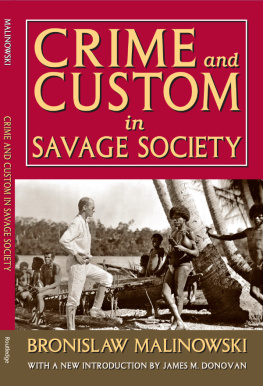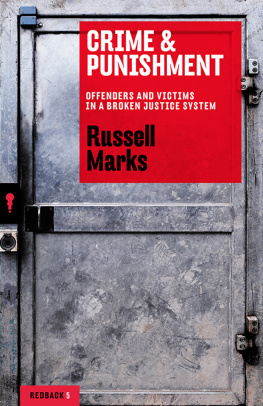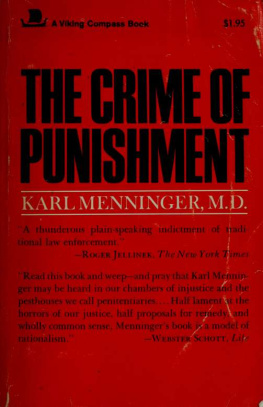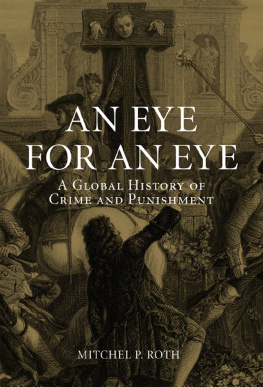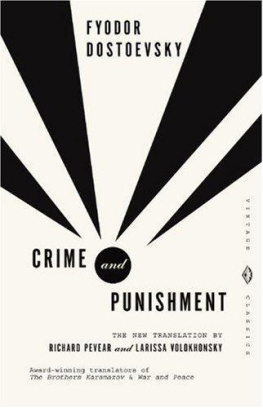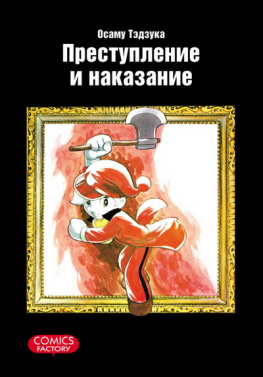First published 1965 by Transaction Publishers
Published 2017 by Routledge
2 Park Square, Milton Park, Abingdon, Oxon OX14 4RN
711 Third Avenue, New York, NY 10017, USA
Routledge is an imprint of the Taylor & Francis Group, an informa business
Copyright 1965 by N. D. Walker.
All rights reserved. No part of this book may be reprinted or reproduced or utilised in any form or by any electronic, mechanical, or other means, now known or hereafter invented, including photocopying and recording, or in any information storage or retrieval system, without permission in writing from the publishers.
Notice:
Product or corporate names may be trademarks or registered trademarks, and are used only for identification and explanation without intent to infringe.
Library of Congress Catalog Number: 2009051901
Library of Congress Cataloging-in-Publication Data
Walker, Nigel.
Crime and punishment in Britain: the penal system in theory, law, and practice
/ Nigel Walker. -- 2nd ed.
p. cm.
Originally published: Edinburgh: University Press, [1965]
Includes bibliographical references and index.
ISBN 978-0-202-36351-6 (alk. paper)
1. Crime--Great Britain. 2. Punishment--Great Britain. I. Title.
HV6947.W3 2010
364.941 --dc22
2009051901
ISBN 13: 978-0-202-36351-6 (pbk)
Contents
Preface
This book is an attempt to describe our penal system in a particular way. It is not about the criminal law except to the extent that this defines and sets limits to the types of conduct which we call 'offences', and curtails the flexibility and severity of the penalties which we apply to offenders. It is not about the philosophy of punishment, although it tries to describe objectively the aims, assumptions, and the techniques of current penal measures. It does not offer a unified explanation of crime, although it tries to sort out some of the tangles between contemporary theories. What it attempts to be is a study of our present ways of defining, accounting for, and disposing of offenders, regarded simply as a system in operation. To the extent that the book succeeds in adhering to this ascetic principle it is a work of criminology.
Criminology is not, and does not include, moral or political philosophy. It does not argue about the right of states or societies to limit the freedom of individuals to rob, rape, murder, or commit suicide; or about the sense in which a stupid or deluded man can be said to be responsible for a crime. At the same time, the criminologist is interested in differences between, and changes in, the views held by legislators, lawyers, philosophers, and the man in the street, on such topics, and the extent to which they reflect the facts established and the theories propounded by psychologists, anthropologists, and sociologists.
Nor does criminology overlap with jurisprudence. To the criminologist the arguments of Beccaria and Bentham, Hart and Wootton, are flags that show where the wind of change is blowing, not battle standards round which to rally and skirmish.
Perhaps the hardest impression to eradicate is that the criminologist is a penal reformer. It is true that he is concerned to establish the truth or falsehood of some of the assertions upon which campaigns for penal reform are based for example, the assertion that the death penalty is not a deterrent. But since the driving force of such campaigns is not a purely logical or purely scientific appreciation of fact, but a humanitarian motive, it is to that extent non-criminological. The criminologist may confirm (or refute) the facts or methods of inference which are used to support the arguments of penal reformers; he may note with scientific interest the changing objectives of the Howard League, or the establishment of a society known as the Anti-Violence League with the aim of restoring corporal punishment; but it is no more his function to attack or defend the death penalty than it is the function of a political scientist to take part in an election campaign. The confusion, however, between criminologists and penal reformers has been encouraged by criminologists themselves, many of whom have also been penal reformers. Strictly speaking, penal reform is a spare-time occupation for criminologists, just as canvassing for votes would be for political scientists. The difference is that the criminologist's spare-time occupation is more likely to take this form, and when it does so it is more likely to interfere with what should be purely criminological thoughts.
The result of this process of reasoning may be to allot criminology to the discipline of sociology if discipline is not too strong a term. If so, this still leaves the criminologist considerable room for manoeuvre, since the boundaries of sociology are wide. Nor need this disqualify him from appraising, for example, sociological attempts to explain delinquency just as critically as he must approach psychological or economic theories.
To some readers much of this book may sound inhuman. If so, I shall have achieved an important objective. Admittedly the machinery of justice, which is only metaphorically mechanical, involves the interaction of human beings in their roles of victim, offender, policeman, judge, supervisor or custodian, and there must be a place for human sympathy in the understanding, and still more in the treatment, of individual offenders. Humanity also sets a limit nowadays to the unpleasantness of penal measures, whether these are regarded as retributive, deterrent, prophylactic, or remedial. Ideological notions and moral judgements, too, may be relevant when the aims of the penal system are under discussion. But when we are concerned, as I am, with the efficiency of the system as a means to these ends, emotions such as sympathy or horror, praise or blame, pity or vindictiveness, are irrelevant, or even confusing. One of the main reasons why penal institutions develop more slowly than other social services is that they are a constant battlefield between emotional prejudices; and battlefields are unproductive places.
One function of a preface is to create the illusion that the book was written on a preconceived and logical plan; and certainly the sequence of subjects in this book requires an explanation. Since one cannot have a penal system without deciding what conduct to penalise, the first chapter discusses the scope of the prohibitions imposed by the criminal law, and the principles on which attempts to justify them are based. In the second half of the chapter the accuracy of the system in identifying those who break the law is discussed. This is followed by a chapter on the current trends and patterns of serious and minor crimes. The second part of the book analyses the essential features of fashionable explanatory theories, the relationship between them, and the reasoning which has caused them to be overshadowed by the predictive approach in recent years. The third part is an outline of what I call 'the system of disposal'. A description of the underlying aims and assumptions of our penal measures is followed by a chapter on the law of disposal as it applies to the mentally normal adult male. The disposal of the young offender is the subject of the next chapter..




